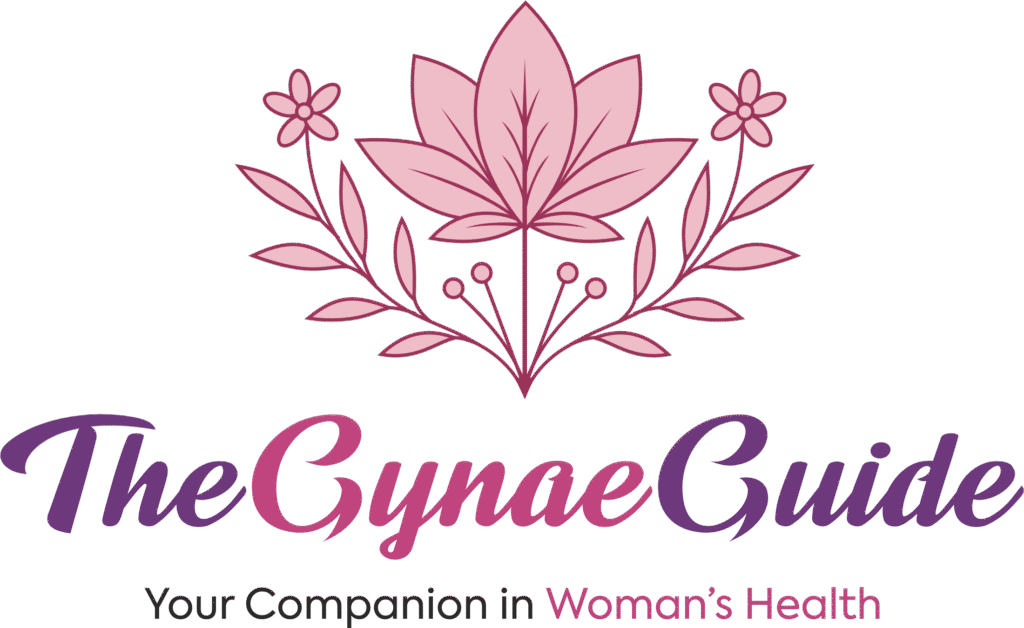Ovarian cysts are more common than most women realize. These fluid-filled sacs form on or inside the ovaries and often go unnoticed, until they cause discomfort or raise fertility concerns. But what are the ovarian cyst causes? Why do they form, and when should you be concerned? Let’s break it all down with clear facts and helpful guidance.
Many women first learn about cysts during routine pelvic exams, fertility check-ups, or when experiencing symptoms like bloating, irregular periods, or lower abdominal pain. If you’re curious about how this ties into conditions like endometriosis treatment or cervical dysplasia, understanding the root causes of ovarian cysts is the first step.
Understanding Ovarian Cysts: What Are They?
Ovarian cysts are sac-like pockets filled with fluid that develop on the surface or within the ovaries. Most cysts are benign (non-cancerous) and often resolve on their own. However, some types may require medical attention.
There are different types of cysts:
- Functional cysts – Common during the menstrual cycle.
- Dermoid cysts – Contain tissues like hair or skin.
- Endometriomas – Linked with endometriosis.
- Cystadenomas – Develop on the ovary’s surface.
Each type has different ovarian cyst causes, which we’ll explore next.
Top Ovarian Cyst Causes You Should Know
1. Hormonal Imbalances
Hormonal fluctuations, particularly during the menstrual cycle, are the leading ovarian cyst causes. These are typically functional cysts and usually harmless. Women undergoing fertility treatments may also experience such cysts due to ovulation-inducing hormones.
Pro tip: If you’re planning for pregnancy, explore top lifestyle changes to boost fertility to improve hormone balance naturally.
2. Endometriosis
This condition causes endometrial tissue to grow outside the uterus, sometimes forming cysts called endometriomas. These are often painful and can affect fertility.
Related read: Learn more about endometriosis treatment options.
3. Pregnancy
During early pregnancy, a cyst may form to support the pregnancy until the placenta develops. These cysts usually go away but may occasionally grow larger and cause discomfort.
4. Severe Pelvic Infections
Infections that spread to the ovaries or fallopian tubes can result in cyst-like abscesses. These are rare but serious and require immediate treatment.
5. Polycystic Ovary Syndrome (PCOS)
In PCOS, the ovaries often contain many small cysts, leading to irregular periods, weight gain, and fertility issues. It’s one of the most talked-about ovarian cyst causes in younger women.
Learn more about hormonal markers from our guide on Fertility Hormone Tests.
Common Symptoms of Ovarian Cysts
- Pelvic pain, especially on one side
- Bloating or abdominal pressure
- Painful periods or intercourse
- Frequent urination
- Difficulty emptying the bladder
- Nausea or vomiting (in case of rupture)
Most women with ovarian cysts don’t experience noticeable symptoms, but regular check-ups can help catch them early.
When Should You See a Doctor?
Seek medical attention if you notice:
- Sudden, severe abdominal pain
- Fever or vomiting
- Faintness or dizziness
- Rapid breathing
These could indicate a cyst rupture or torsion (twisting of the ovary), both of which are emergencies.
How Are Ovarian Cysts Diagnosed?
Doctors typically use:
- Ultrasound imaging
- Blood tests (CA-125) for ruling out cancer
- Laparoscopy in complex cases
Routine pelvic exams are also crucial for early detection. Women trying to conceive may be advised additional tests like those listed in our Fertility Consultation Guide.
Are Ovarian Cysts Preventable?
While you can’t completely prevent cysts, you can reduce your risk through:
- Balanced diet and regular exercise
- Managing stress and hormone levels
- Avoiding unprotected sex to prevent infections
- Tracking ovulation and periods (Track Ovulation Naturally)
Also, natural remedies like yoga and herbal teas can support hormonal health, great additions if you’re aiming for safe exercises during pregnancy or postpartum recovery.
Can Cysts Affect Fertility?
Yes, especially in cases linked to endometriosis or PCOS. Large cysts can also physically obstruct ovulation or damage the ovaries. But remember, most ovarian cysts do not affect fertility and are manageable with proper care.
If you’re preparing for pregnancy, don’t miss our tips on Preparing Your Body for Pregnancy.
Stay Connected for Women’s Health Insights
We believe knowledge is power, especially when it comes to your reproductive health. For regular updates, tips, and real stories: Follow us on Instagram, Facebook, YouTube, and LinkedIn
Final Thoughts
Understanding the ovarian cyst causes is key to staying informed and in control of your reproductive health. From hormonal imbalances to lifestyle factors, many causes are manageable. Regular screenings, balanced living, and early medical consultation can go a long way in preventing complications.
Stay proactive. Stay informed. And trust your body, it often tells you everything you need to know.
FAQs About Ovarian Cysts
Q1: Do all ovarian cysts require surgery?
Not at all. Most cysts resolve naturally. Surgery is needed only if the cyst is large, persistent, or shows signs of complications.
Q2: Can cysts cause irregular periods?
Yes, especially if they’re hormonal in nature. Irregular cycles are often the first clue.
Q3: Can birth control pills prevent ovarian cysts?
Yes, in many cases, hormonal birth control can reduce the risk of new cysts forming.
Q4: How can I know if I have a cyst without symptoms?
Routine pelvic exams and ultrasounds are the best way to detect silent cysts.

